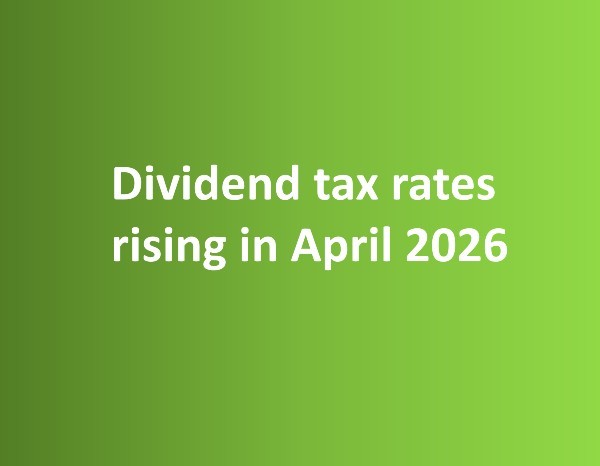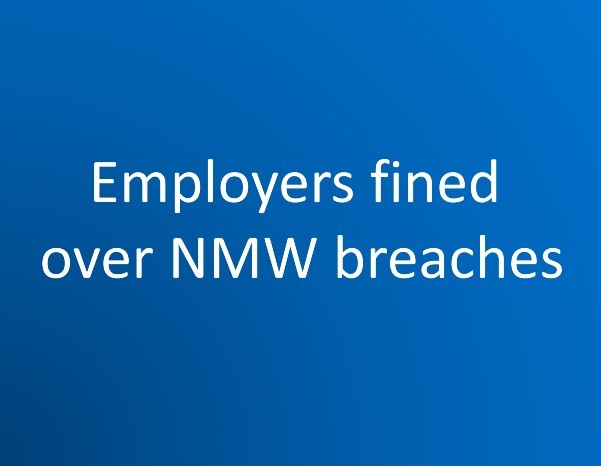
The Chancellor’s Budget speech included announcements on R&D tax relief, business rates, and a promise of future tax cuts, but there were few major tax measures.
In summary:
Business taxes: R&D
- The research and development (R&D) tax credit system will be refocused on investment that takes place in the UK – currently it could be anywhere in the world.
- Further measures will be announced to crack down on those who submit inflated R&D claims.
Making the UK a more attractive place to do business
- Changes to tonnage tax to make the regime more attractive
- An extension of the temporary increase in the upper limit for 100% relief on plant and machinery (the annual investment allowance) from the end of December 2021 to March 2023, and
- An extension of the definition of R&D to include cloud computing and data costs.
Business rates
A final review of business rates has been published by the government and there have been several announcements based on helping to ease some of the burdens placed on businesses, especially those in the hospitality and tourism sectors.
Before the Budget, there was speculation that the government might introduce an online sales tax to help fund a reduction in the business rates charge. This did not happen, but a consultation document will be published shortly about an online sales tax while introducing several more limited measures to improve some of the more controversial aspects of the business rates rules. These include:
- three-yearly revaluations
- freezing the multiplier in April 2022
- allowing businesses to improve properties without a corresponding rise in rates
- encouraging investment in green technology, and
- a new 50% relief for retail, hospitality, and leisure sectors in 2022/23, capped at £110,000.
Personal tax
In the March 2021 Budget, it was announced that income tax personal allowances, capital gains tax (CGT) annual allowances and the IHT nil rate band were all frozen until 2025/26.
On 23 September 2021, the chancellor announced the new health and social care levy of 1.25% with effect from April 2023, to be preceded by a temporary 1.25% increase in NICs for one year from April 2022. Given this unexpected and controversial announcement, it was unsurprising that no further tax raising measures were announced in the speech.
What next?
The Chancellor stressed that he’d like to return to a tax cutting agenda before the next parliament, and that the improvement in the finances since March 2021 suggest that some tax cutting measures may be announced before the end of this parliament. Notably, just in time for the next general election.
The information provided in this blog is for general informational purposes only and should not be considered professional advice. As far as we are aware, the content is accurate at time of publication. Torgersens assumes no responsibility for errors or omissions in the content or for any actions taken based on the information provided.



.jpg)




